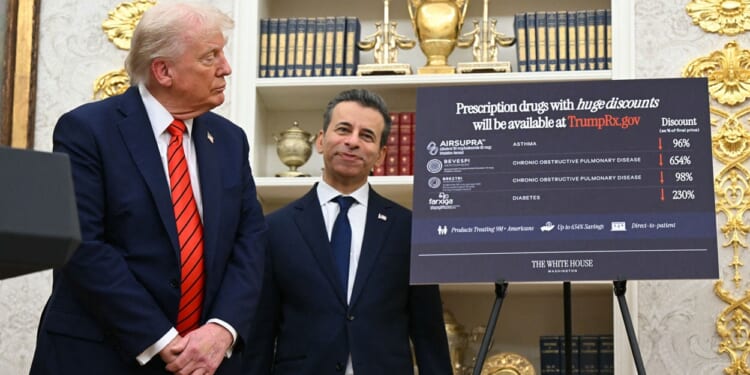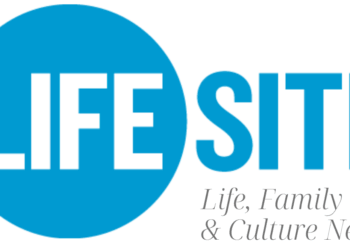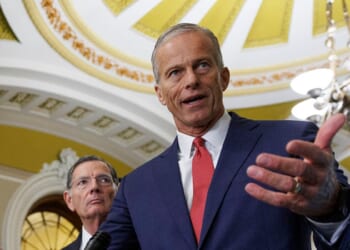For years, Big Pharma stood together, warning that President Donald Trump’s “Most-Favored-Nation” executive order would stifle innovation and that the policy is “irresponsible and unworkable.”
Trump’s Most-Favored-Nation policy is simple: If Americans are paying more for the same medicine than patients overseas, drug companies must lower their prices here to match the lowest price abroad. It’s about fairness and putting Americans first, not last.
But this fall, Big Pharma’s wall of opposition began to crack. Two of the industry’s largest players have cut individual deals with the administration—both claiming their deals will lower prescription drug costs for Americans.
While these agreements mark signs of progress, it’s just the beginning. As written, these deals apply only to state Medicaid programs and direct-to-consumer sales, meaning millions of hardworking Americans will still see no change at the pharmacy counter. To provide meaningful relief, elected officials, regulators, and the administration must go further to truly drive down prices for every American.
Here are three decisive steps lawmakers should take: prioritize real efforts at making prescription drugs more affordable, increase transparency of Big Pharma’s marketing practices, and stop the industry’s anti-competitive tactics from continuing to jack up consumer prices. Lawmakers should focus on delivering lower prices for American patients—not falling for Big Pharma’s distractions, distortions, and delay tactics.
To protect its U.S. profits—and skirt increased demand for Most-Favored-Nation proposals—Big Pharma is hiking prices abroad and flooding both Washington and Brussels with lobbyists. These maneuvers are designed to protect their own bottom line and continue to maximize profits at home and abroad.
Taken together, these moves reveal a coordinated global strategy with one purpose: to keep Americans paying the world’s highest drug prices. But the cracks are showing. Despite record spending, Big Pharma’s grip on policymakers is slipping. The Trump administration and bipartisan lawmakers are keeping up the pressure—and that’s exactly what it will take to get lasting reform.
Perhaps it’s because the pharmaceutical industry has fought Trump’s executive order tooth and nail, claiming it would stall research and limit patient access.
But, more than likely, an existential truth was exposed: The Most-Favored-Nation order is workable. Big Pharma’s warnings were little more than sheer panic dressed up as well-funded scare tactics to protect their own profits while families ration lifesaving drugs and small businesses struggle to cover health plans. Perhaps this is why their trade association nodded to future deals, saying, “Each company makes its own decision” on drug pricing, indicating the industry, for once, is not operating in lockstep.
This is why we need extensive, meaningful reform—because Americans can’t trust Big Pharma to do the right thing and put Americans first.
NOTE: This story has been updated to reflect a second pharmaceutical company reaching an agreement with the Trump administration.
We publish a variety of perspectives. Nothing written here is to be construed as representing the views of The Daily Signal.
















